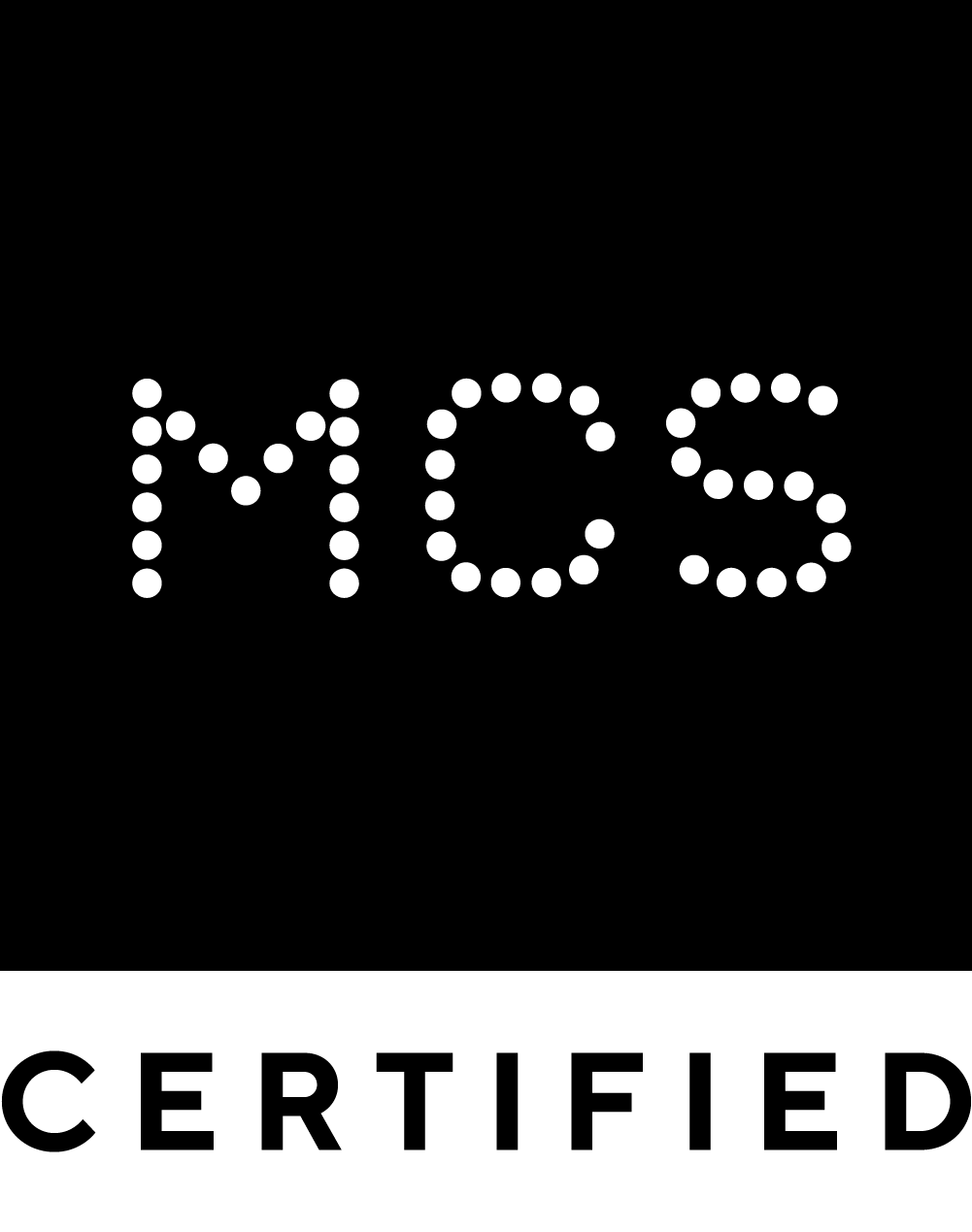With the domestic Renewable Heat Incentive scheme closing at the end of March and with its successor, the Green Homes Grant Scheme, having been an abject disaster, there's now a new scheme on the horizon.
Launching in April 2022, the Boiler Upgrade Scheme (BUS) is the latest government initiative to support homeowners in their ambitions to 'go green' and improve the energy efficiency of their homes or small business premises.
We await full details of the scheme and precisely how it will be administered but what we know so far is that the scheme targets those people wishing to replace a fossil fuel boiler and will offer a one-off upfront grant payment of £5,000 towards the cost of an air source heat pump and £6,000 towards the cost of a ground source heat pump. Biomass boilers will also be eligible for the £5,000 grant but only in rural, off-grid properties.
Unlike dRHI, that doesn't go close the covering the whole cost of installation, but will appeal to some homeowners, especially anyone with a boiler on its last legs that desperately needs replacing.

BEIS has run webinars for installers to outline the basics of the scheme and a draft of the scheme regulations will be published in the next couple of months so we will update this page when we know more. We are hopeful it will be better designed and run more smoothly than the Green Homes Grant Scheme which was burdensome for both installers and homeowners alike. That scheme was heavily promoted and generated a lot on inquiries, but here at Yorkshire Heat Pumps, having sent out literally hundreds of estimates, just two customers received a voucher and only one saw this through to completion!
Retro-fit installations replacing oil, gas or LPG boilers or electric heating systems are all eligible, but anyone replacing an existing renewable energy heating system won't be. There is an additional category of people who will be eligible under the scheme and that is what are termed 'custom builds', essentially self-builders. Any property being built by a developer, even where someone is buying off-plan, will be excluded.
Another difference between dRHI and BUS is the requirement for the property's EPC simply to be valid (i.e. less than 10 years old), rather than under 24 months old, however if the EPC stipulates loft and/or cavity wall insulation, and there is no reason why this cannot be fitted, this work must be undertaken before applying for a BUS voucher.
Unlike dRHI and the GHGS where the homeowner submits/submitted the application for funding, the BUS application process will be installer-led and the voucher will be paid to the installer once the installation has been registered on the MCS Installation Database (MID). Depending on the efficiency of the new scheme's administration processes, this may present cashflow challenges for installers while they await the payment of the final £5,000/£6,000, so we await more detail and assurances with keen interest.
Vouchers will be valid for 3 months for air source heat pumps and biomass boilers and for 6 months for ground source heat pumps and should a voucher expire, an installer can re-apply, but there is no guarantee that vouchers will be available in that budget period which could be an issue.
One watch out is that any installation that is commissioned and registered on the MID up until the 31st March 2022 and for whatever reason, misses out on dRHI, will not be able to apply for a BUS voucher. Where an installation is part of wider building works and where a new EPC will be required ahead of MCS registration, this is an important consideration. Installers and their customers will need to think carefully as dRHI scheme closure looms, exactly which scheme they wish to apply for. Miss out on one and you risk missing out on the other!






 Unit 3a & 3b | Follifoot Ridge Business Park | Pannal Road | Harrogate | N. Yorks | HG3 1DP
Unit 3a & 3b | Follifoot Ridge Business Park | Pannal Road | Harrogate | N. Yorks | HG3 1DP
Comments (0)
Add a Comment